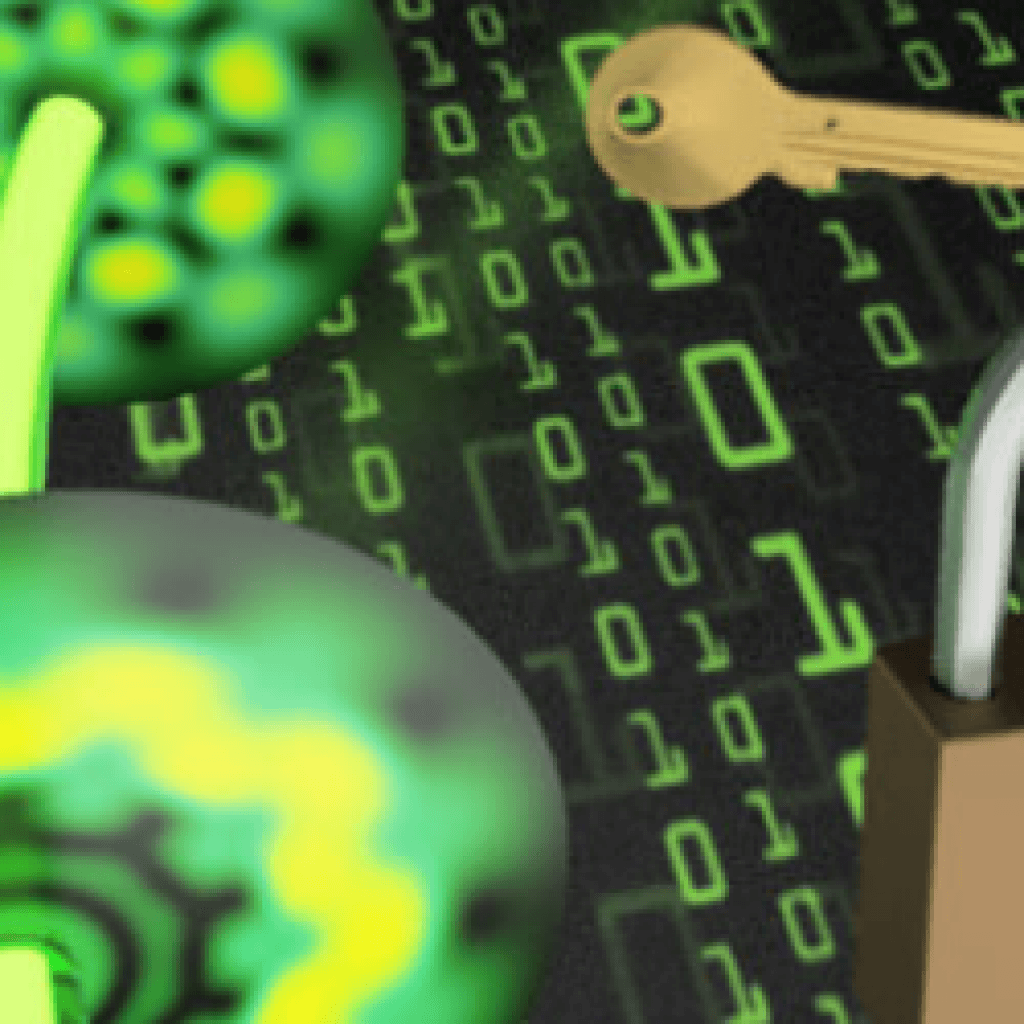(WSJ.com) Within the next 10 to 15 years, a quantum computer could solve some problems many millions of times faster than a classical computer and, one day, crack many of the defenses used to secure the internet. “The worst-case scenario is quite bad,” says Chris Peikert, associate professor of computer science and engineering at the University of Michigan, who has been studying cryptography for two decades.
That is why Dr. Peikert and hundreds of the world’s top cryptographers are involved in a competition to develop new encryption standards for the U.S., which would guard against both classical and quantum-computing cyberattacks. The initiative is being managed by the National Institute of Standards and Technology, an agency of the U.S. Department of Commerce. NIST has asked entrants to design encryption algorithms that they think could withstand a cyberattack from a quantum computer. The competition began in 2017 with about 70 algorithms.
This summer, federal officials announced the 15 algorithms that will be considered for standardization, meaning the winners would become a part of the architecture of the internet, protecting people’s sensitive data. Next, researchers will spend about a year trying to break them to see which ones hold up, and test them to get the best balance of performance and security.
Other organizations around the world, such as the European Telecommunications Standards Institute, are researching algorithms that are resistant to quantum computing attacks and are providing industry guidance.
So are private companies, particularly in financial services, including Visa Inc. and JPMorgan Chase & Co. Research in the area of post-quantum cryptography began nearly six years ago, says Rajat Taneja, president of technology at Visa. “The data we have is sensitive, and it is vast in quantity, so protecting that data is job number one for us,” he says.
World’s Top Crytographers Competing to Develop Algorithms to Withstand Attacks from an Ultrafast Quantum Computer
